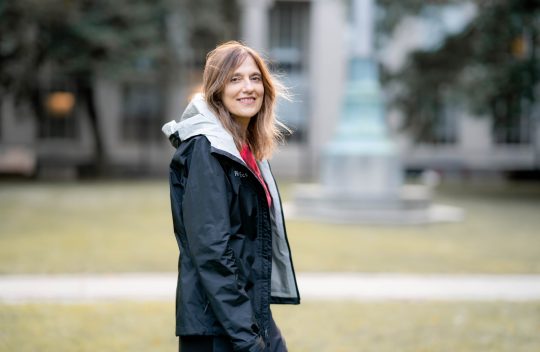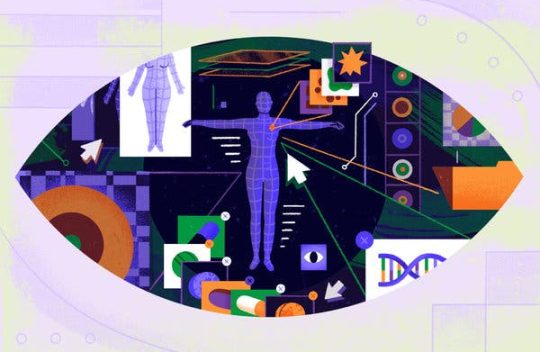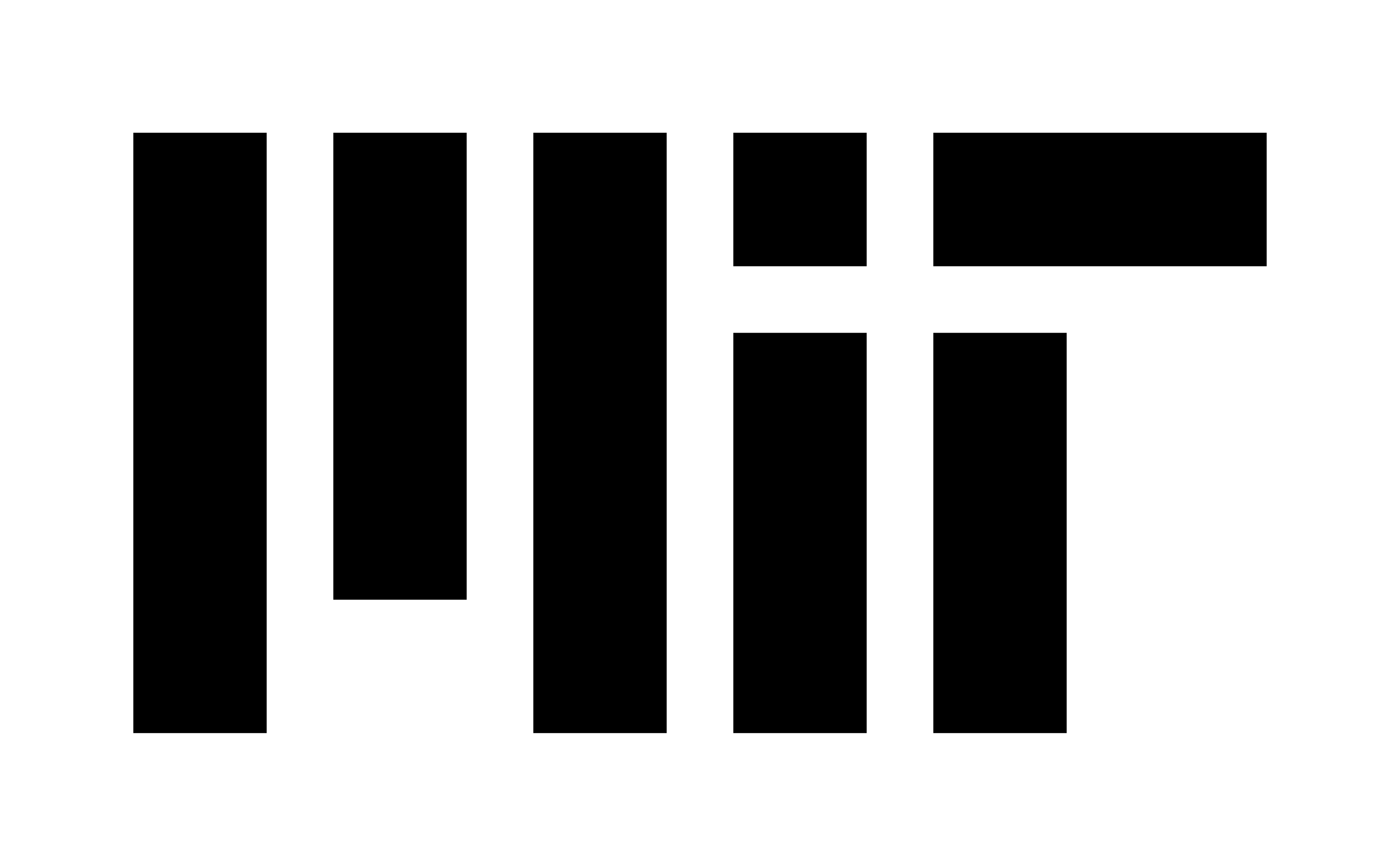Tag: Mirai

NOVA ‘A.I. REVOLUTION’ Dives Into the Past, Present, and Future of One of the Most Consequential Technological Advancements of Our Time
BOSTON, MA; Feb.12, 2024 — The award-winning PBS science series, NOVA, a production of GBH, will premiere the one-hour film “A.I. REVOLUTION” Wednesday, March 27 at 9 p.m. ET/8 p.m. CT on PBS. Can we harness the power of artificial intelligence to solve some of the world’s most challenging problems without creating an uncontrollable force that ultimately destroys us? New A.I. tools like ChatGPT can now answer complex questions, write essays, and generate realistic-looking images in a matter of seconds. In “A.I. REVOLUTION,” which will also be available for streaming at pbs.org/nova, NOVA on YouTube, and the PBS App, correspondent Miles O’Brien meets some of the scientists who are at the forefront of A.I. advancement and explores the promise, perils, and possible future of this unprecedented technology taking the world by storm.Beyond drug discovery and prosthetics, the film explores several other ways that A.I. is transforming science. Computer scientist Regina Barzilay at Massachusetts General Hospital has trained a neural network to detect breast cancer from mammograms years before they are detectable by human eyes with over 85% accuracy. A.I. is also being used to help detect lung cancer. Lives are even being saved from natural disasters, as A.I. is now being deployed in California to detect wildfires early before they rage out of control. Learn more
AI Outperformed Standard Risk Model for Predicting Breast Cancer
In a large study of thousands of mammograms, AI algorithms outperformed the standard clinical risk model for predicting the five-year risk for breast cancer. The results of the study were published in Radiology.A woman’s risk of breast cancer is typically calculated using clinical models such as the Breast Cancer Surveillance Consortium (BCSC) risk model, which uses self-reported and other information on the patient—including age, family history of the disease, whether she has given birth, and whether she has dense breasts—to calculate a risk score. Learn more

Is artificial intelligence about to transform the mammogram?
When Regina Barzilay returned to work after her breast cancer leave seven years ago, she was struck by an unexpected thought.The MIT artificial-intelligence expert had just endured chemotherapy, two lumpectomies and radiation at Massachusetts General Hospital, and all the brutal side effects that come along with those treatments.
“I walked in the door to my office and thought, ‘We here at MIT are doing all this sophisticated algorithmic work that could have so many applications,’” Barzilay said. “‘And one subway stop away the people who could benefit from it are dying.’” Learn more

Using A.I. to Transform Breast Cancer Care
How could a researcher in computer science improve future cancer care, I wondered, when a trip to Boston afforded me the opportunity to converse with Regina Barzilay, a professor at the Massachusetts Institute of Technology and the recipient in 2017 of a prestigious MacArthur Fellowship, known as a “genius grant.” After a breast cancer diagnosis in 2014, Dr. Barzilay, who has a doctorate in computer science, began directing her work in artificial intelligence toward helping other patients.She and her team have developed algorithms to predict whether a patient is likely to develop breast cancer in the next five years. Their model is designed to spot the tiny changes on mammograms that turn into tumors. And it detects them regardless of the patient’s race, a significant concern in light of the racial divide in breast cancer mortality. Learn more

